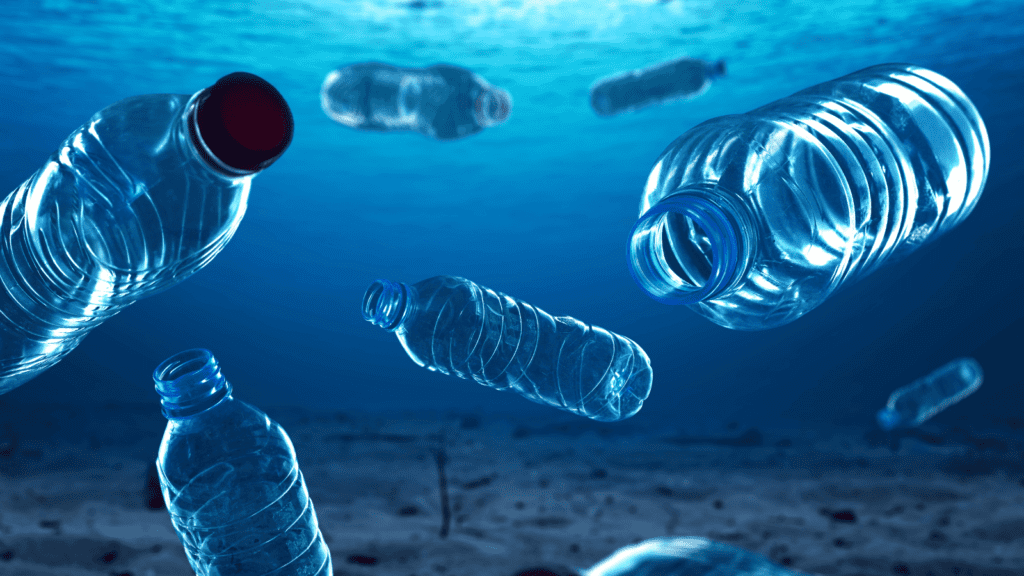The INC-5 session, scheduled from November 25 to December 1, 2024, is widely seen as the pivotal moment in the journey toward a global treaty on plastic pollution.
In just over a month, the world’s eyes will turn to Busan, South Korea, where leaders and experts will gather for the fifth session of the Intergovernmental Negotiating Committee (INC-5). Their goal? To hammer out the framework for an international, legally binding treaty that can rein in the escalating global crisis of plastic pollution. But as the countdown begins, lingering challenges and questions still hang heavy over the negotiations.
RELEVANT SUSTAINABLE GOALS

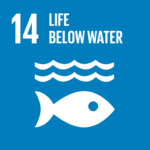
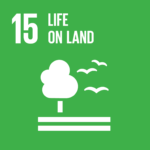
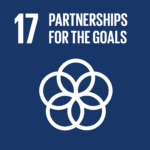
Setting the Stage: A Meeting with High Stakes
The INC-5 session, scheduled from November 25 to December 1, 2024, is widely seen as the pivotal moment in the journey toward a global treaty on plastic pollution. Convened under the auspices of the UN Environment Programme (UNEP), the session represents the culmination of two years of intense negotiations aimed at establishing an International Legally Binding Instrument (ILBI) to combat plastic pollution across its entire life cycle—an undertaking that demands both urgency and diplomacy.
Ambassador Luis Vayas Valdivieso of Ecuador, the Chair of Plastic Pollution INC, emphasized the significance of the INC-4 session, where two key decisions were made: establishing an open-ended legal drafting group and launching formal intersessional work to craft a consolidated draft text. With these foundational steps completed, the INC-5 must now grapple with translating the draft into a binding document.
Vayas, in preparation for the Busan session, highlighted the need for structured discussions with heads of delegations to pinpoint critical elements that could facilitate convergence. His approach includes leveraging informal and formal intersessional work, driven by a scenario note outlining the roadmap for the upcoming session.
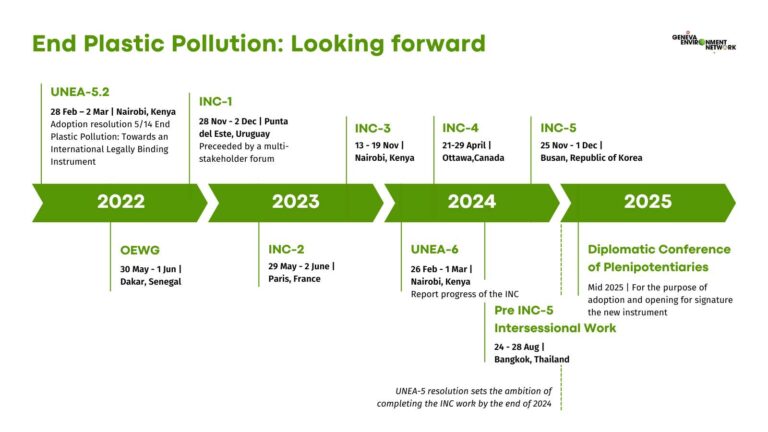
What’s at Stake: Production Controls and Global Standards
The negotiations are not without their friction points. David Azoulay, Director at the Center for International Environmental Law (CIEL), firmly stated that the treaty’s success hinges on establishing production controls. According to Azoulay, the rapid growth in plastic production threatens to undermine the effectiveness of any measures unless robust, enforceable limits are put in place. He underscored that without clear obligations to curb production, the treaty would be “doomed to fail.”
Bethanie Carney Almroth, a Professor at Gothenburg University, echoed this call for a holistic treaty. She pointed out that the damage from plastics is not just an environmental issue but a human rights concern, as pollution disproportionately affects vulnerable communities. Almroth stressed the importance of addressing the entire life cycle of plastics—from production to waste management—and emphasized the need for global reduction targets, transparency, and stringent regulations on hazardous chemicals.
In contrast to the strict regulatory approaches advocated by environmental groups, representatives from the business community, such as Allison Lin, Global Vice President at Mars Inc., highlighted the potential economic opportunities a global treaty could unlock. Lin underscored that the private sector favors a legally binding treaty, but one that also considers social and economic impacts. She advocated for a balanced treaty with clear mechanisms to ensure a just transition for businesses, workers, and communities, as well as the incorporation of Extended Producer Responsibility (EPR) systems.
The Urgency of the Crisis: Time is Running Out
Against the backdrop of these negotiations, Robert Hearty, a Policy Advisor for the UK Department for Environment, issued a stark warning. Citing an OECD report, Hearty projected a near 70% rise in plastic production by 2040, with mismanaged waste increasing by 50%. He emphasized that the treaty must establish global rules to curb this growth, spanning upstream, midstream, and downstream measures to manage plastics through their entire life cycle. Without such measures, the policy trajectory is “unsustainable,” he cautioned.
With negotiations heating up, the role of scientific evidence remains paramount. Almroth, representing the Scientists’ Coalition for an Effective Plastics Treaty, insisted that the treaty should mandate a scientific advisory body to ensure that targets remain evidence-based and adaptive. The absence of clear scientific definitions and benchmarks could undermine the treaty’s credibility and implementation.
Outstanding Issues: A Complicated Puzzle
Several critical issues remain unresolved ahead of the Busan session. Tallash Kantai, Team Leader at Earth Negotiations Bulletin, pointed out that discussions have yet to clarify the treaty’s scope. What precisely constitutes “plastic pollution”? Which measures will be mandatory, and which will remain voluntary? These questions are not just semantic but are at the heart of whether the treaty will have teeth.
Kantai also stressed the importance of global accountability and inter-ministerial collaboration to align efforts across various international agreements. She warned that without clarity and coordination, the treaty risks becoming another toothless environmental accord.
The high expectations surrounding INC-5 are fueled by the High Ambition Coalition to End Plastic Pollution, an alliance of countries advocating for stringent global regulations. Mohammed Khashashneh, a coalition member and former Jordanian environment official, expressed the coalition’s commitment to a balanced approach, incorporating strong design criteria for plastic products and robust provisions for hazardous chemicals.
As the global community edges closer to Busan, Albert Magalang of the Philippines’ Department of Environment laid out a three-step strategy to consolidate proposals: first, scientifically identifying problematic products; second, assessing control measures; and third, seeking consensus on these measures through the Conference of the Parties (COP).
In her closing remarks, Carolyn Deere Birkbeck, Executive Director of Forum on Trade, Environment & SDGs (TESS), posed pivotal questions: What should be the focus of the treaty to address the urgency and complexity of the plastic crisis? How can international cooperation be catalyzed to drive the necessary changes?
Deere Birkbeck emphasized that the treaty must be firmly grounded in scientific evidence and global solidarity, reflecting the urgency of a crisis that disproportionately affects the most vulnerable. She called for a comprehensive financing strategy that aligns public and private sector contributions to the treaty’s objectives.
You may also be interested in :
Emerging Markets Receive Only 6% Of Global Plastic Waste Investments, Report Finds


